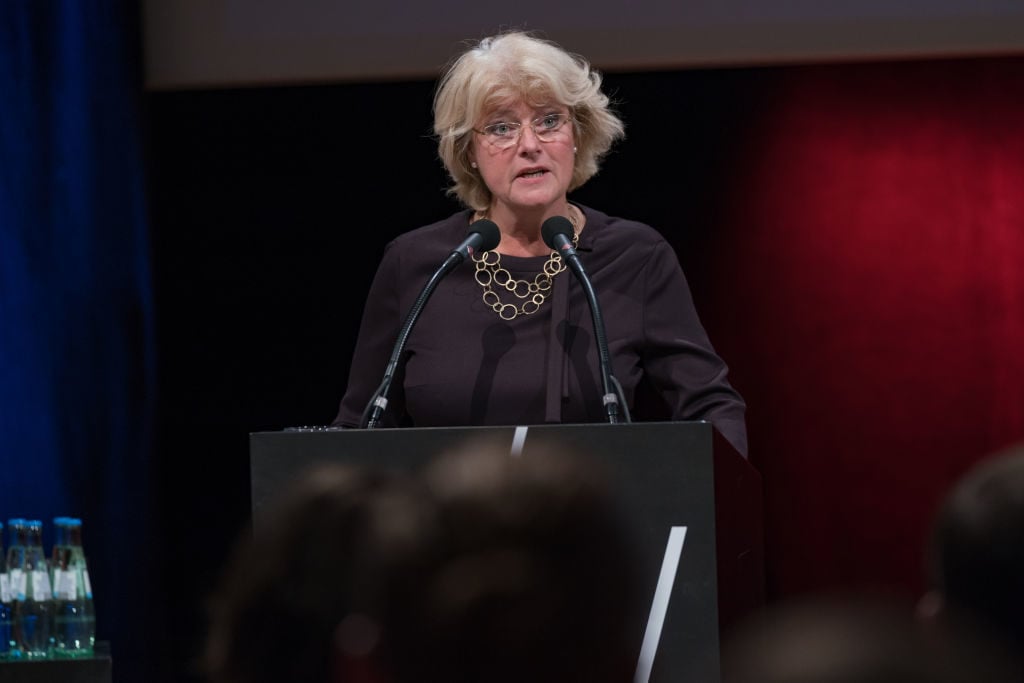Politics
The German Government Is Putting More Than $2 Million Behind Restitution Research Into Objects From Colonial Contexts
The money will fund the research of colonial-era objects in German institutional collections.

The money will fund the research of colonial-era objects in German institutional collections.

Kate Brown

In a decision that is sure to be closely watched, the German government has announced that it will fund research into colonial-era collections in the nation’s museums, which could prove that certain objects from Africa, Asia, Australia, and the Pacific were looted.
Monika Grütters, Germany’s culture minister, has confirmed that €1.9 million ($2.17 million) will be made available this year to museums and other institutions to undertake research into objects acquired during the 19th and early 20th centuries. The funds will be administered through the German Lost Art Foundation, which was set up to focus on art looted during the Nazi era.
Bénédicte Savoy, the academic who co-authored a landmark restitution report for French President Emmanuel Macron last year that called for the restitution for objects looted from sub-Saharan Africa, is part of the eight-member committee evaluating applications for funding.
Germany’s public museums, archives, libraries, and other research institutions will be able to apply for funding for this research, which often is not part of their budgets, Grütters explained.
“For many decades, colonial history in Germany has been a blind spot in the culture of memory,” she said in a statement. “Provenance research on collections from colonial contexts is a decisive contribution to taking a closer look. The German Lost Art Foundation has great experience in getting to the bottom of the history of a work.”
The Humboldt Forum, Berlin’s controversial and highly anticipated new museum of ethnography, has placed a spotlight on the problematic history of colonial-era collections in Germany. Due to open later this year, the institution will become the new home for around 20,000 objects drawn from the 500,000 works in Berlin’s collections.
The German Lost Art Foundation, which was launched in 2015, has until now focused solely on restitution of art looted during the Nazi era. The government signaled that it was expanding the organization’s mission to include the colonial era last spring.
The foundation has a newly appointed advisory board. In addition to Savoy, the committee consists of several prominent German museum directors, including Wiebke Ahrndt, who leads the Übersee-Museum in Bremen, and Barbara Plankensteiner, director of the Museum am Rothenbaum in Hamburg. Albert Gouaffo is the only expert from a non-German institution. He is a professor at the Université de Dschang in Cameroon. (Modern day Cameroon and neighboring areas were a German colony from 1884 to 1916.)
To share their findings, institutions with funding will be given access to a common database. The goal is that interested parties from Germany and abroad can learn more about what is being held within the nation’s collections. The deadline for applications for funding is June 1.